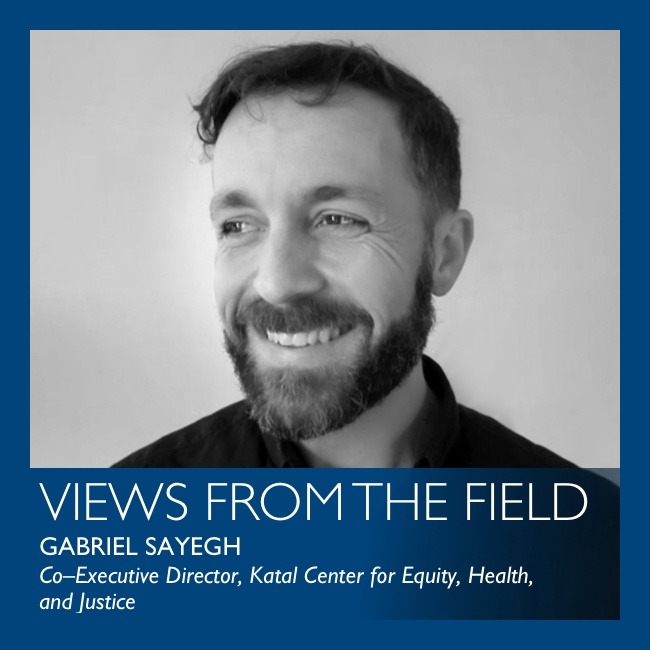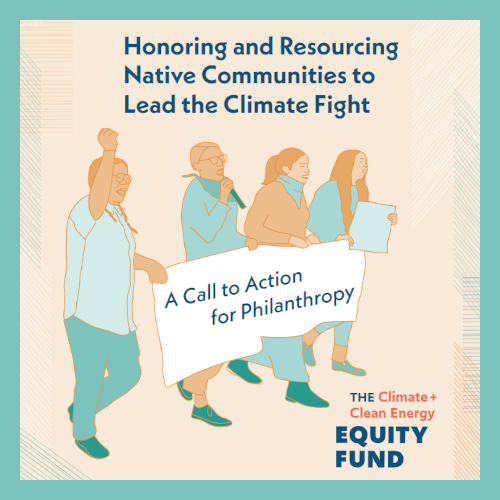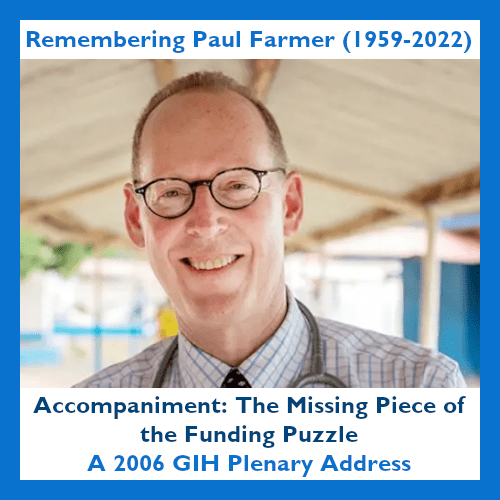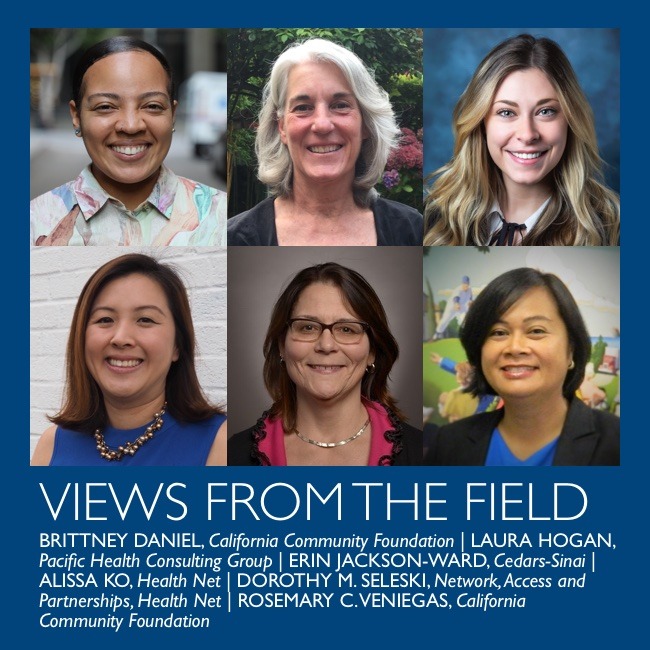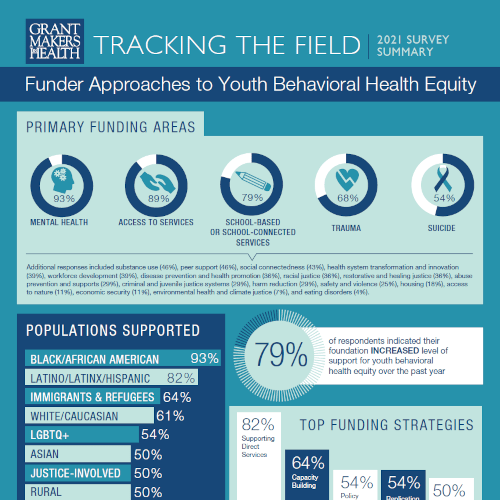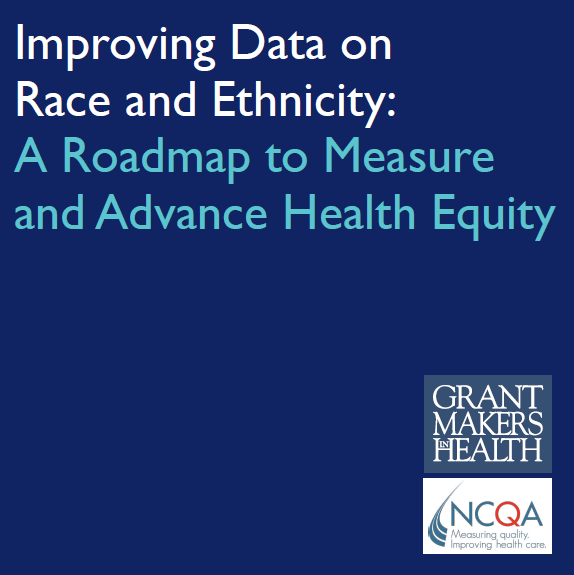Less Criminalization = Better Health + More Justice
Last year, New York State passed the most sweeping parole reform measure in the country. The Less Is More Community Supervision Revocation Reform Act has far-reaching implications for the health and liberty of tens of thousands of people every year, by making critical changes in how the state handles noncriminal violations of parole conditions.
Health Equity Networking Call
This call is part of a series of ongoing discussions to improve trends, innovations, funding needs, data collection, community engagement, and equity audits.
Key Facts on Health and Health Care by Race and Ethnicity
The Kaiser Family Foundation has released an updated chart pack “Key Facts on Health and Health Care by Race and Ethnicity” which analyzes racial and ethnic health disparities across several measures, including health coverage, access to care, and health status.
Honoring and Resourcing Native Communities to Lead the Climate Fight
The Climate and Clean Energy Equity Fund recently released Honoring and Resourcing Native Communities to Lead the Climate Fight: A Call to Action for Philanthropy report and accompanying blog post. While Indigenous Peoples are on the frontlines of climate change, they face significant barriers to philanthropic support.
Accompaniment: The Missing Piece of the Funding Puzzle
We continue to be inspired by the plenary remarks Dr. Paul Farmer gave at Grantmakers In Health’s 2006 Annual Meeting on Health Philanthropy.
Public Health Modernization: How Funders Can Support Health Departments to Advance Health Equity
This webinar explored how health funders can advance health equity by supporting governmental public health and collaborating with health departments.
Homelessness and Health Equity: Health Funders’ Alignment and California’s Next Medicaid Waiver
California has a new plan under its recently-approved Medicaid waiver that builds on innovations implemented in recent state programs and is centered on health equity, especially for people experiencing homelessness.
Funder Approaches to Youth Behavioral Health Equity
Even before the pandemic, the mental health and well-being of adolescents and young adults was worrisome and worsening. COVID-19 has exacerbated these trends and heightened existing disparities. GIH surveyed its Funding Partners in October 2021 to better understand how health foundations are addressing youth behavioral health equity. The survey results are summarized in an infographic that provides a useful snapshot of primary funding areas, types of populations supported, and top funding strategies.
Blue Cross Blue Shield of Massachusetts Foundation: January 2022
Racism and Racial Inequities in Health: A Data-Informed Primer on Health Disparities in Massachusetts serves as a foundational resource to broaden the collective understanding of racial and ethnic health inequities and disparities. The primer is intended to support discussion about how our healthcare system and other systems that impact health enhance or undermine health, and to facilitate the development of solutions to strengthen those systems to serve all Massachusetts residents.
Improving Data on Race and Ethnicity: A Roadmap to Measure and Advance Health Equity
The second of two reports, Improving Data on Race and Ethnicity: A Roadmap to Measure and Advance Health Equity, provides more details about race and ethnicity data collection in federally administered health programs and an expanded list of recommendations for improving the data. The recommendations consider actions for states and the private sector as well as actions for the federal government.
Newsletter Sign Up
Want to sign up for the GIH Bulletin? Click here to get on the list.
Contribute to the GIH Bulletin and Blog
If you are interested in contributing your story or expertise to the GIH community please review our Editorial Submission Guidelines.

